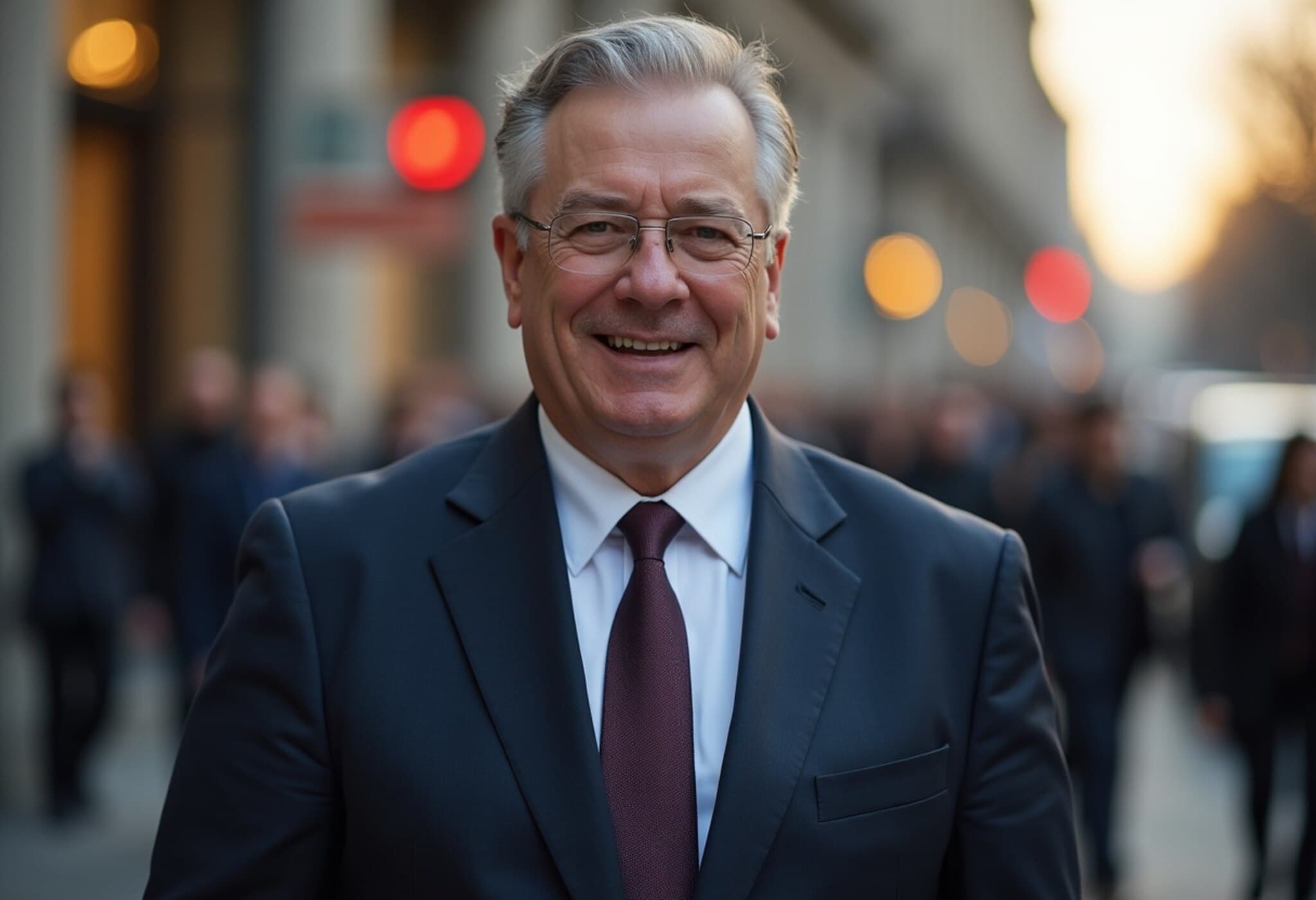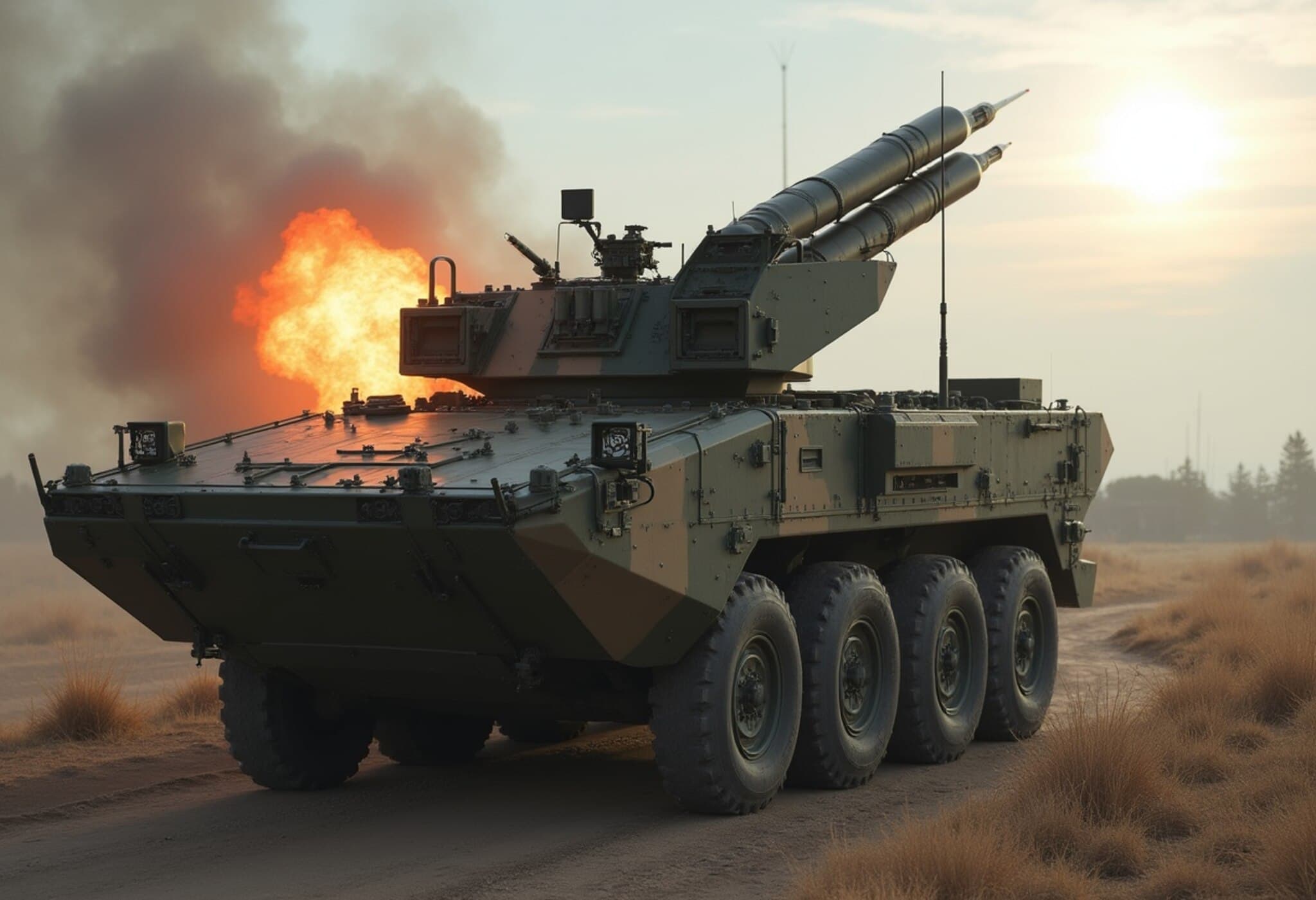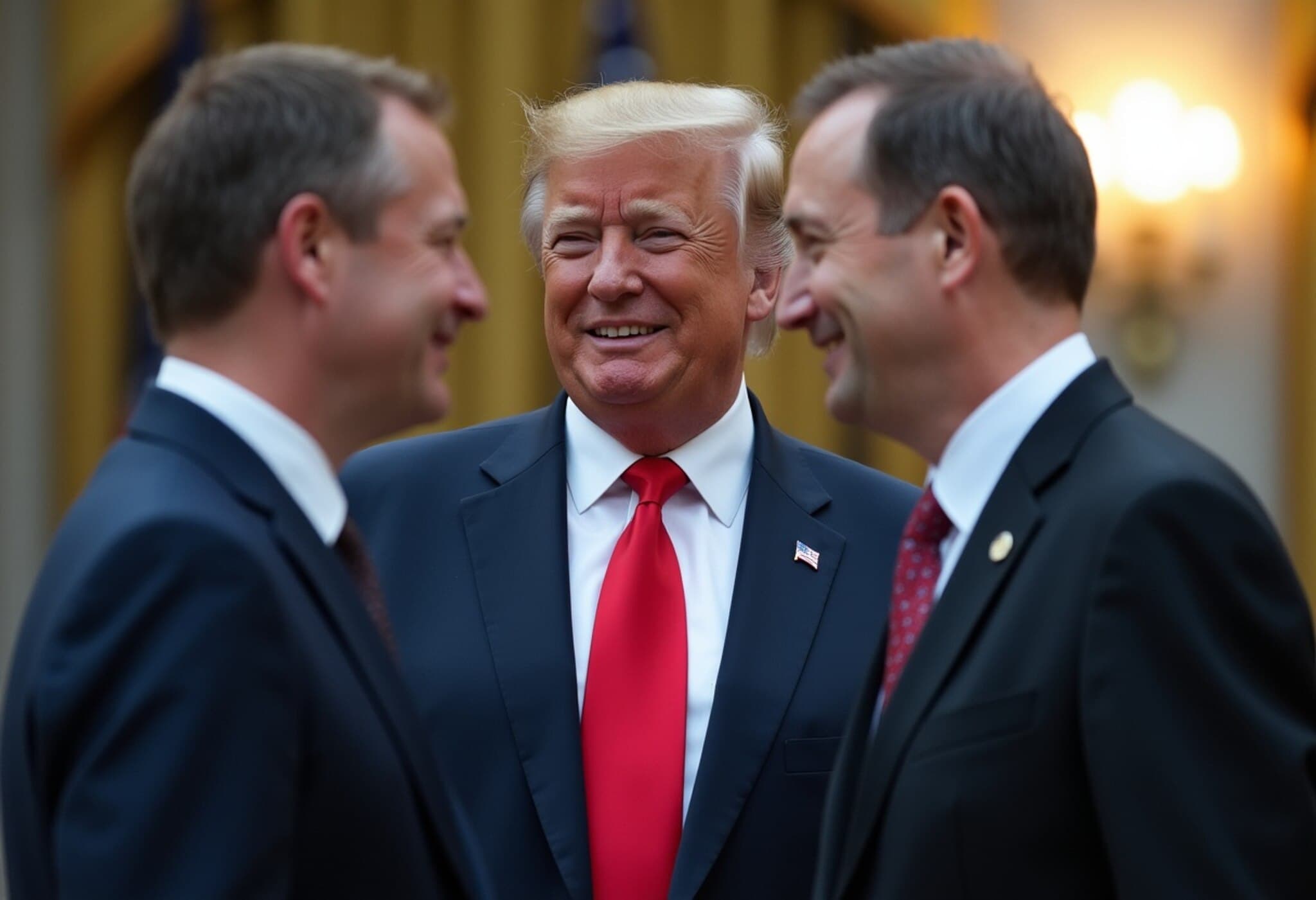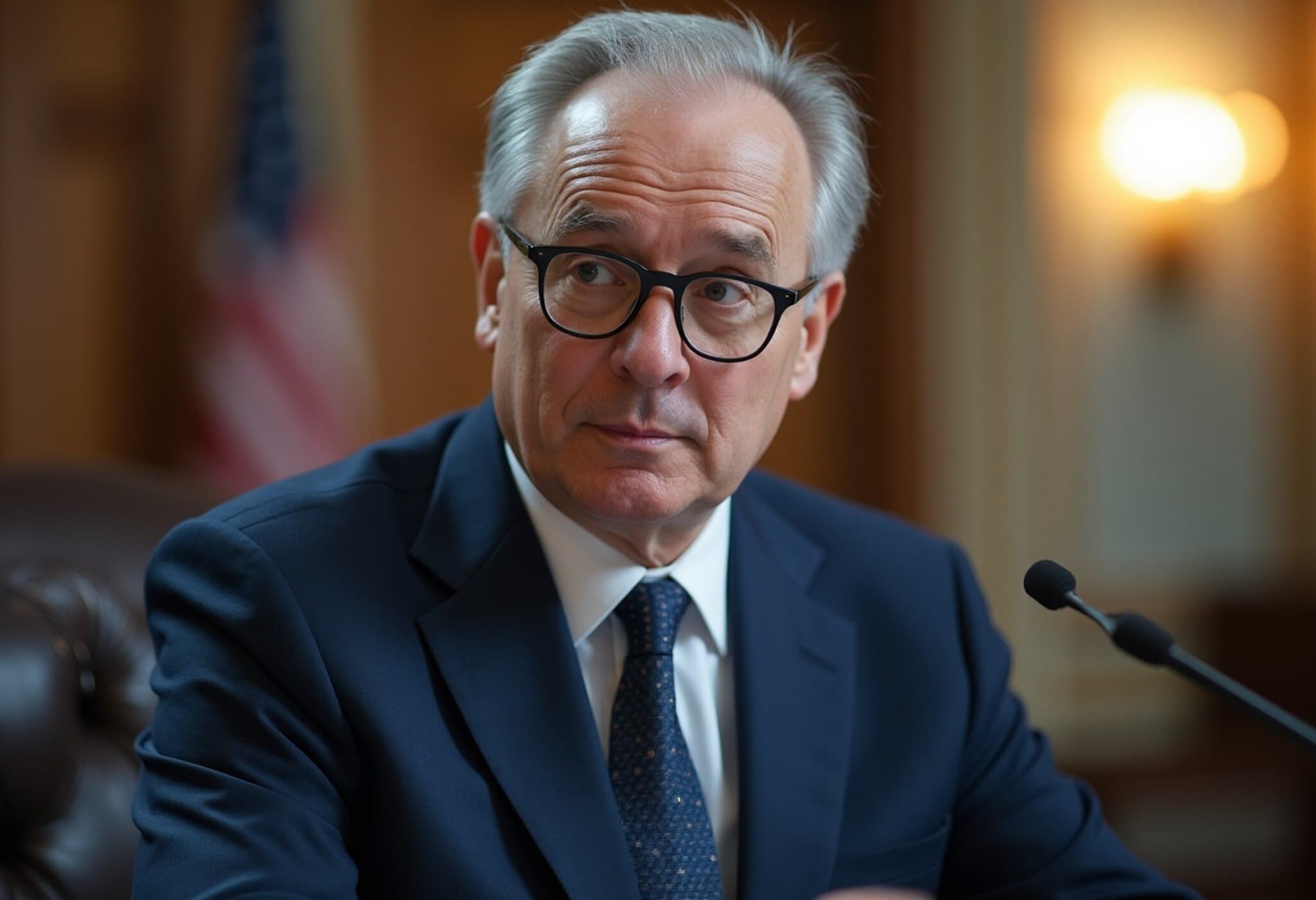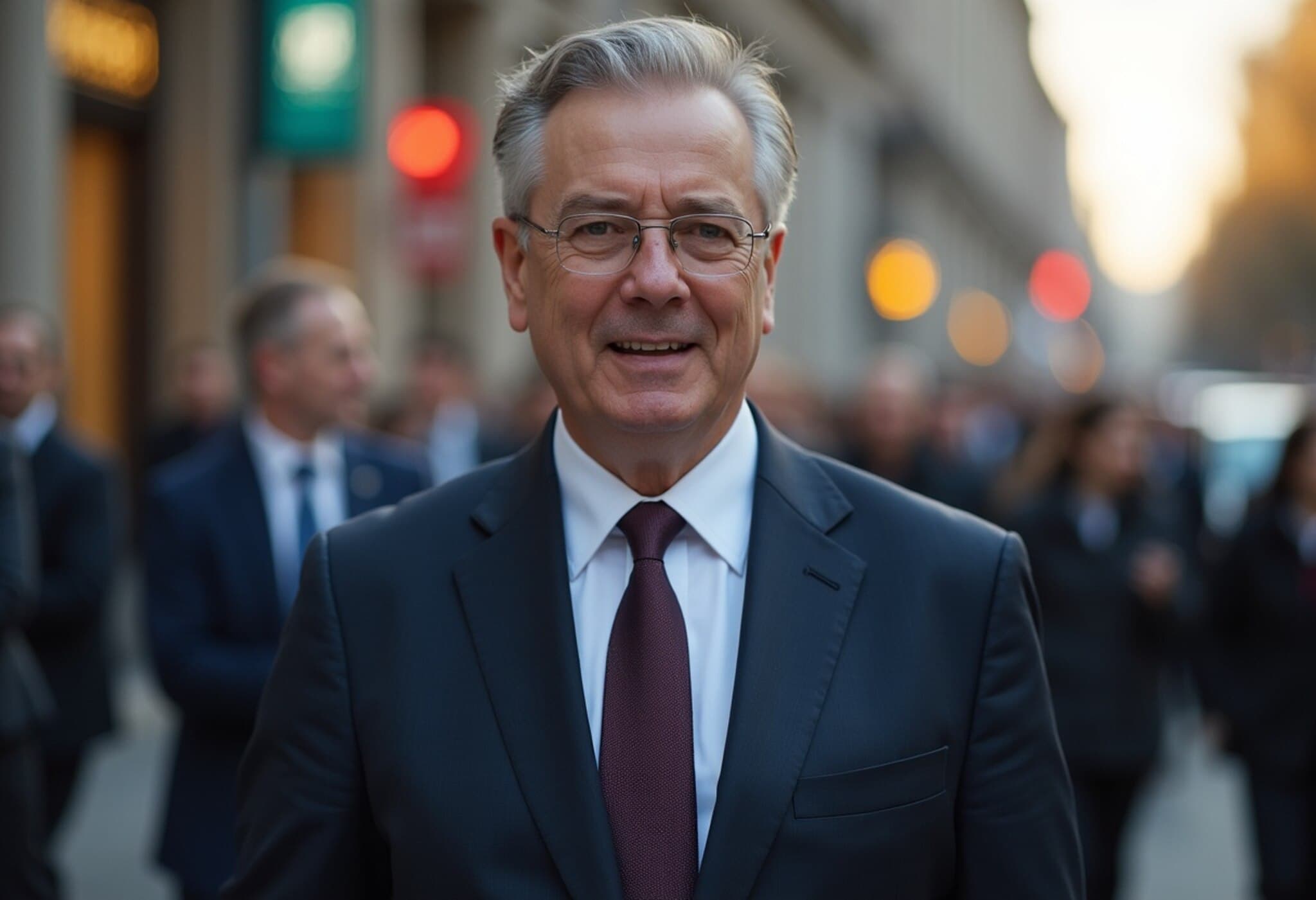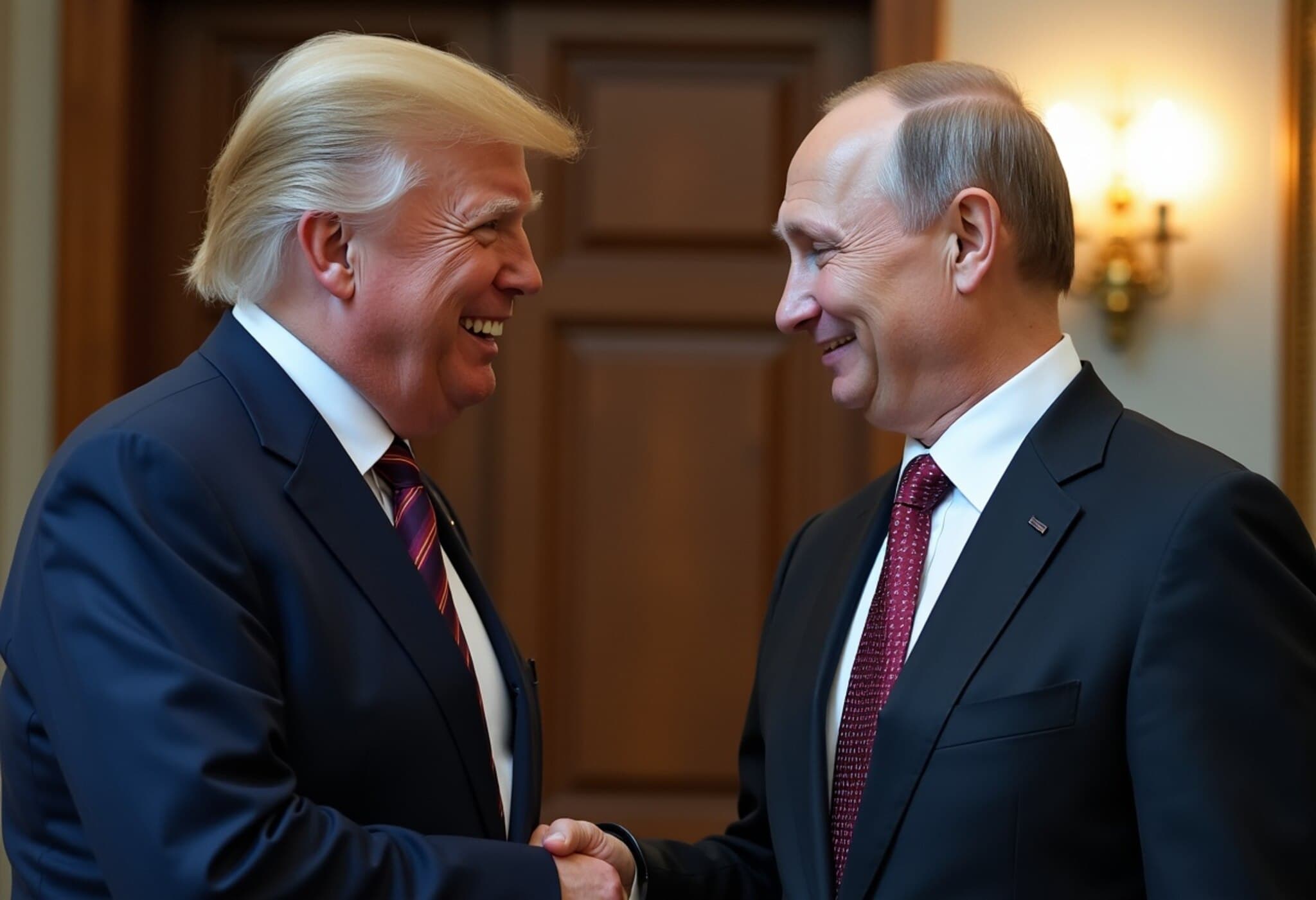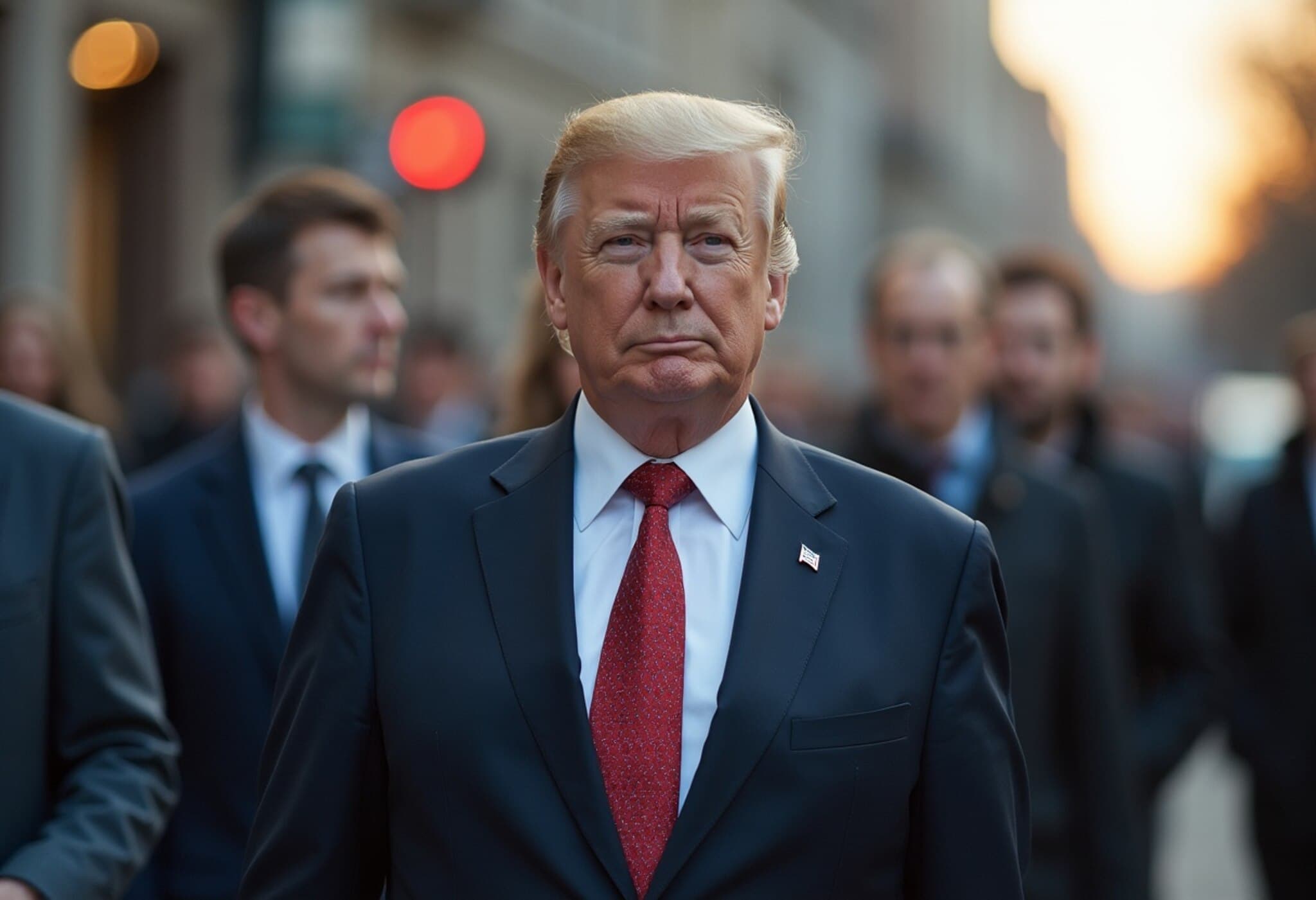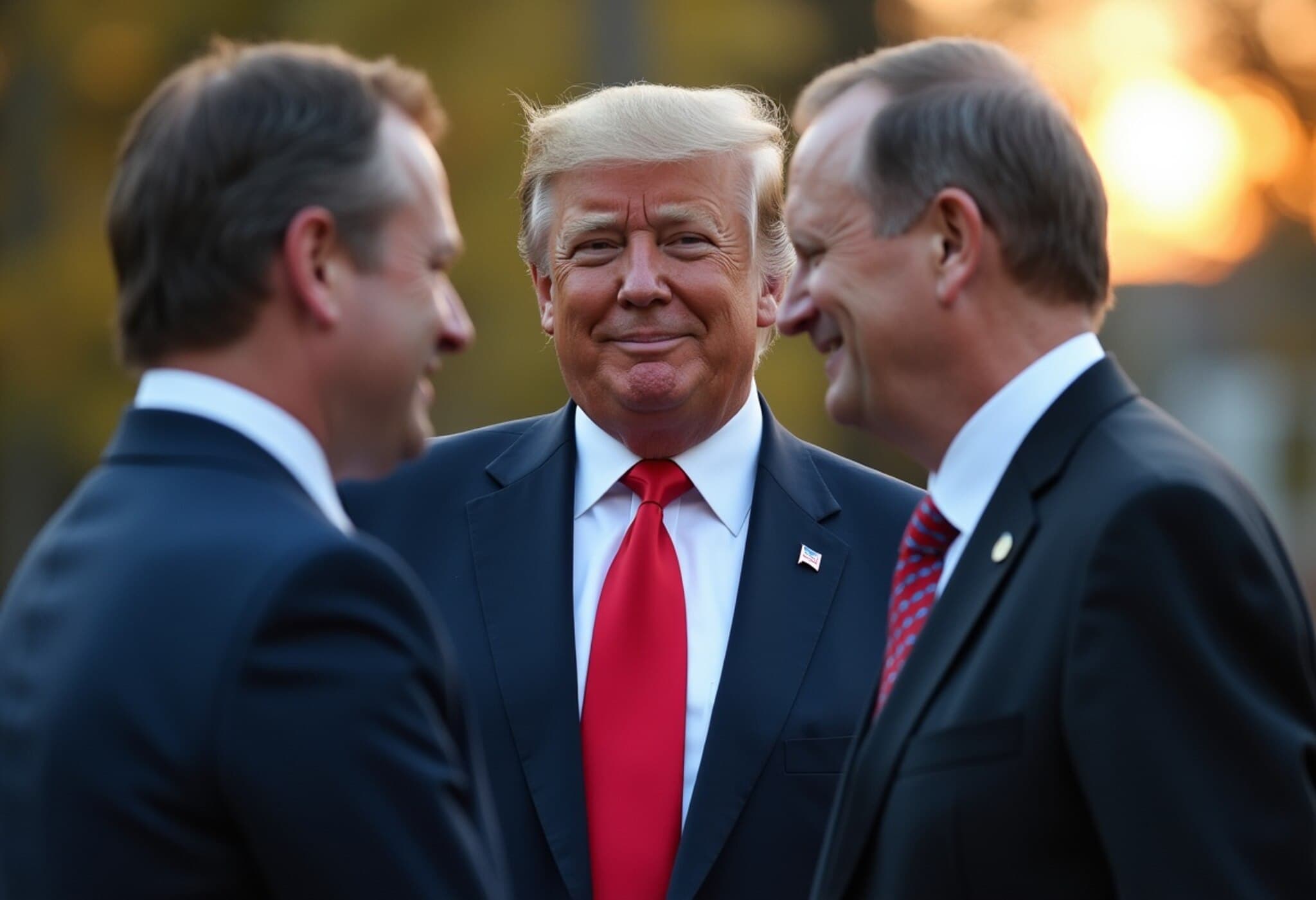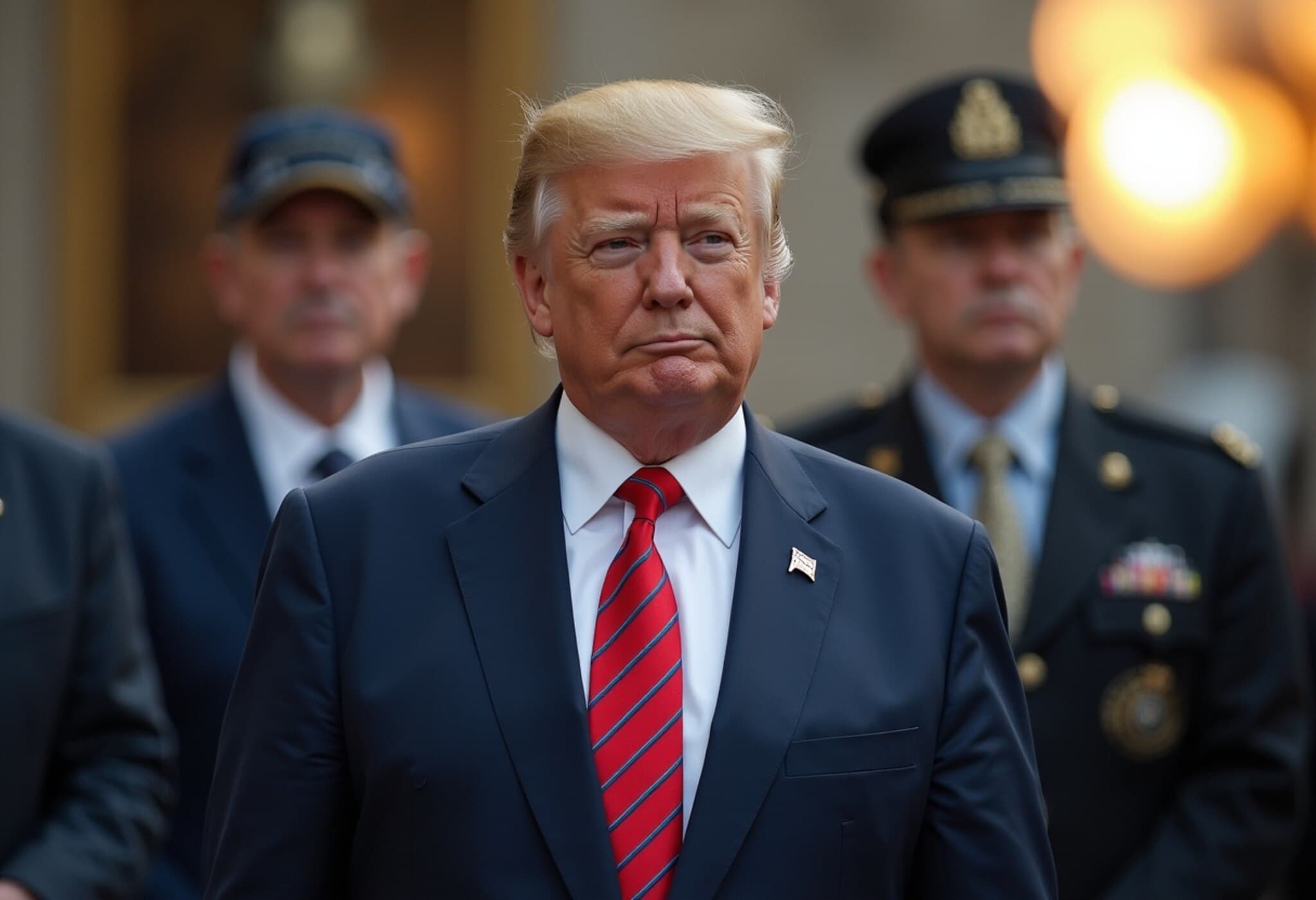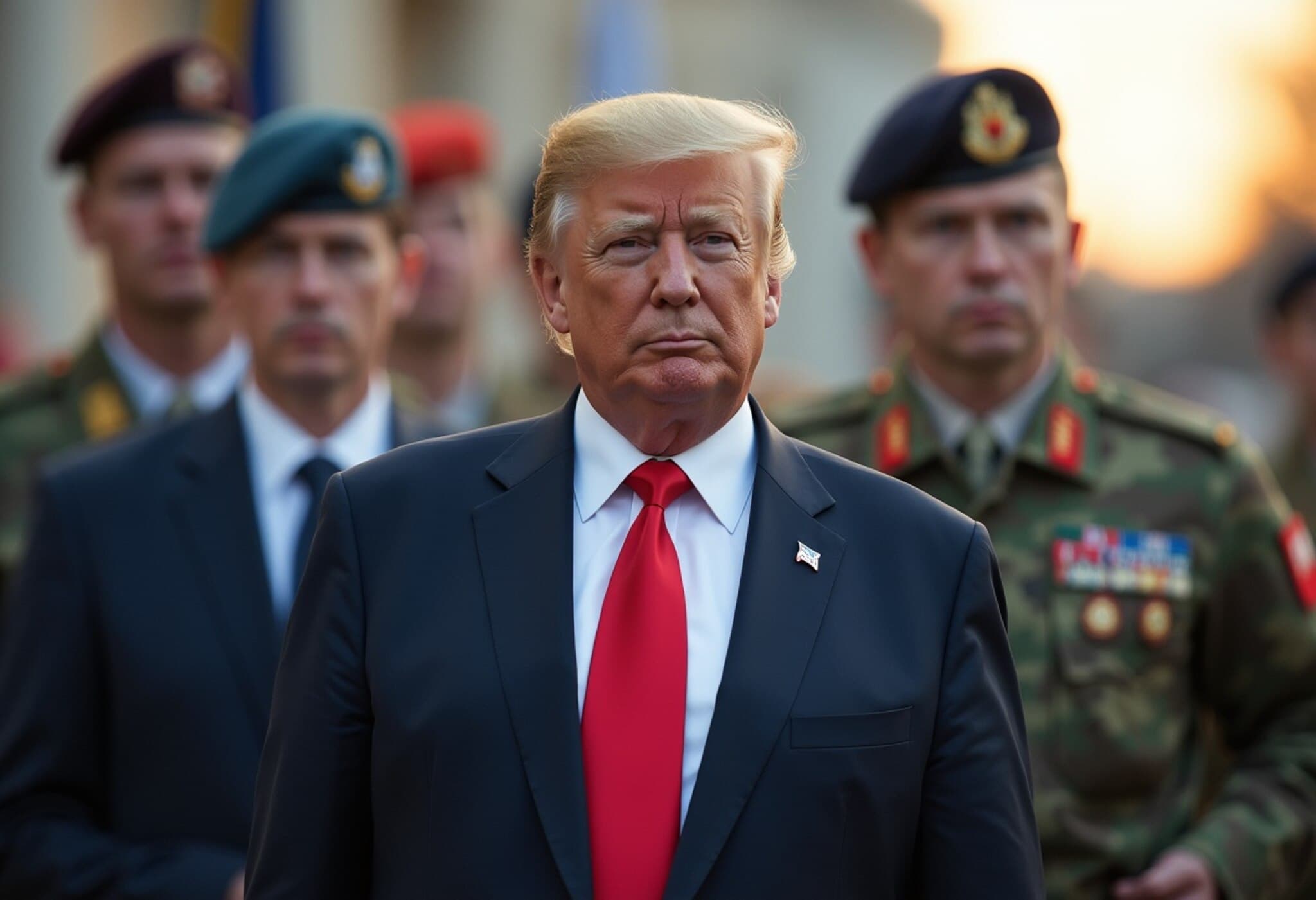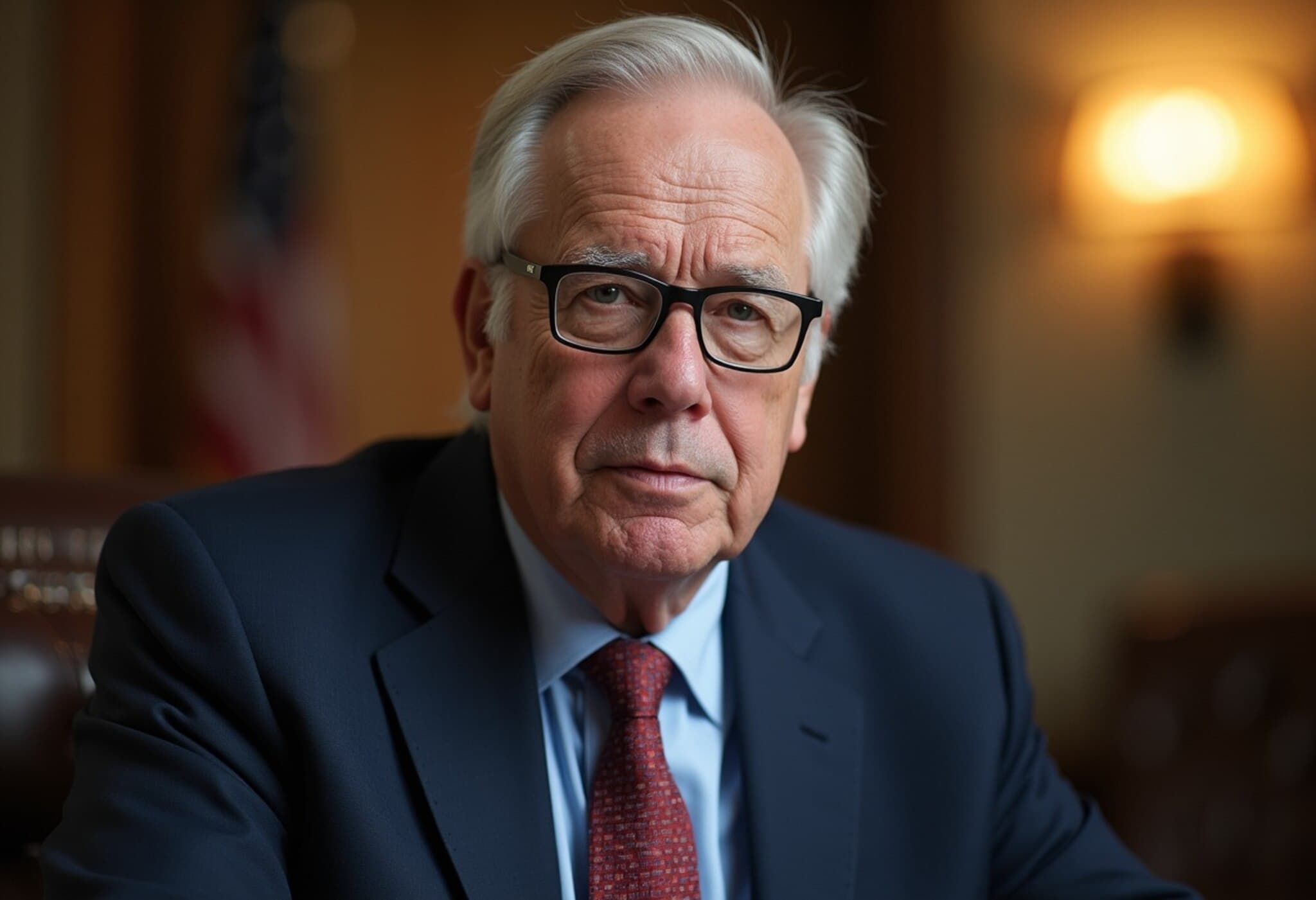Ukrainian President Zelenskyy Might Cede Territory in Pursuit of Peace, Reports Reveal
In a significant and nuanced shift in Ukraine's stance amid its ongoing conflict with Russia, President Volodymyr Zelenskyy is reportedly open to ceding some Ukrainian lands currently under Russian control as part of a prospective peace deal. This development emerges despite Zelenskyy’s firm rejection of any negotiations brokered exclusively between former U.S. President Donald Trump and Russian President Vladimir Putin without Ukraine’s direct involvement and consent.
Territorial Lines: Holding Ground and Potential Concessions
According to The Telegraph, Zelenskyy’s willingness centers on areas already occupied by Russia — notably territories seized during the conflict, including parts of eastern Ukraine and the annexed Crimean Peninsula, which Russia captured in 2014. However, Zelenskyy draws a clear red line at territory still governed by Ukraine, making any cession of such regions off the table.
As of late July 2025, Russian forces control approximately 19% of Ukrainian territory, encompassing Crimea and segments of the Donbas region, amid ongoing fierce fighting that continues to shape the frontlines.
Why Might Zelenskyy Contemplate This Compromise?
From a strategic perspective, the proposal hints at a pragmatic approach: freezing the battle lines as they currently stand could secure a painful but stable ceasefire. This could solidify Russia’s hold over vast swaths of eastern Ukraine and Crimea, potentially ending immediate hostilities.
Yet, the stakes remain high. President Putin’s maximalist vision — officially claiming Donetsk, Luhansk, Kherson, and Zaporizhzhia provinces as Russian territory since 2022 — complicates any peace deal predicated solely on current control lines, as Ukrainian forces still fiercely contest large portions of these regions. The question remains whether Putin would find such a freeze acceptable or if he would push for further concessions.
Security Guarantees: The Non-Negotiable Condition
Significantly, Zelenskyy is reported to insist on robust security assurances as a precondition for peace, including continued military support through weapons deliveries and a clear trajectory towards NATO membership. This emphasis underscores Ukraine’s desire not just for an end to war but for a durable security architecture that can safeguard its sovereignty long term.
Backing from European Partners
Ukraine’s contemplative peace strategy reportedly has backing from key European allies, including the United Kingdom, France, Germany, and Italy. A Western official explained to The Telegraph that European powers now see their role as vital diplomatic supporters of Ukraine, bolstering its negotiating position and morale.
- European support signals growing acknowledgment of Ukraine’s sovereignty and the complex challenges of peacemaking.
- It also reflects a realistic appreciation of the conflict’s prolonged nature and the need for pragmatic compromises without undermining Ukraine’s territorial integrity.
Expert Perspective: Navigating a Complex Peace Process
From an American policy viewpoint, such a development could reframe U.S. diplomatic and military support by focusing on strengthening Ukraine’s defense and political leverage rather than expecting a total rollback of Russian gains. It also raises critical legal and ethical questions about the viability of ceding internationally recognized territory under military pressure, a precedent with implications far beyond Eastern Europe.
Moreover, this scenario fuels debate about the broader geopolitical landscape — especially how the West balances deterring further Russian aggression while managing domestic fatigue over prolonged conflict. It places a spotlight on the delicate diplomacy in transatlantic relations and NATO’s evolving role.
What This Means Going Forward
While Zelenskyy’s openness to territorial compromise might seem like a concession, it could also represent a shrewd step toward ending a devastating war that has displaced millions and reshaped global security dynamics.
Ultimately, the success of any peace efforts hinges not only on the battlefield realities but on the fragile trust and guarantees that parties can establish. The coming months will be critical in shaping whether this proposal can transform hope for peace into a sustainable reality or deepen the conflict’s tragic impasse.
Editor's Note
This report touches on an evolving and sensitive chapter in the Ukraine-Russia conflict. While territorial concessions are a contentious subject, they underscore the complex calculus leaders must navigate between national sovereignty, human cost, and international diplomacy. Readers should consider the broader implications of such negotiations — from the legalities of territorial integrity to the future of European security and the global balance of power. How will Ukraine’s partners balance support with pressure? And what role will emerging international diplomatic frameworks play in shaping this conflict’s resolution? These questions remain central as the world watches closely.

